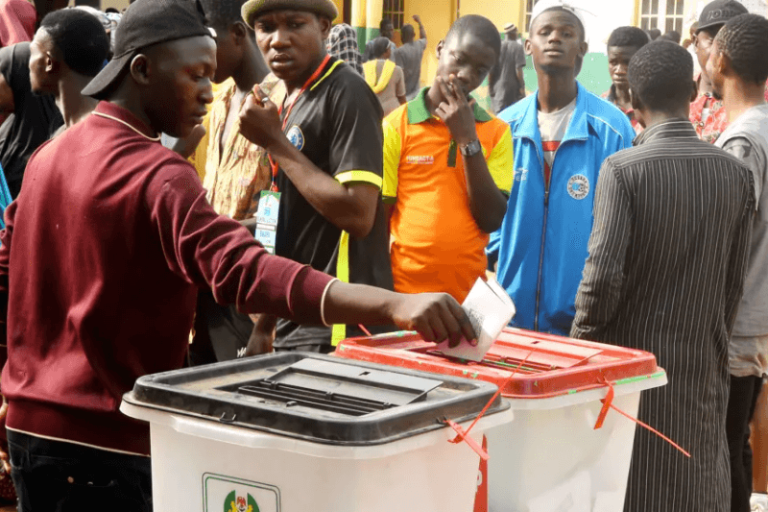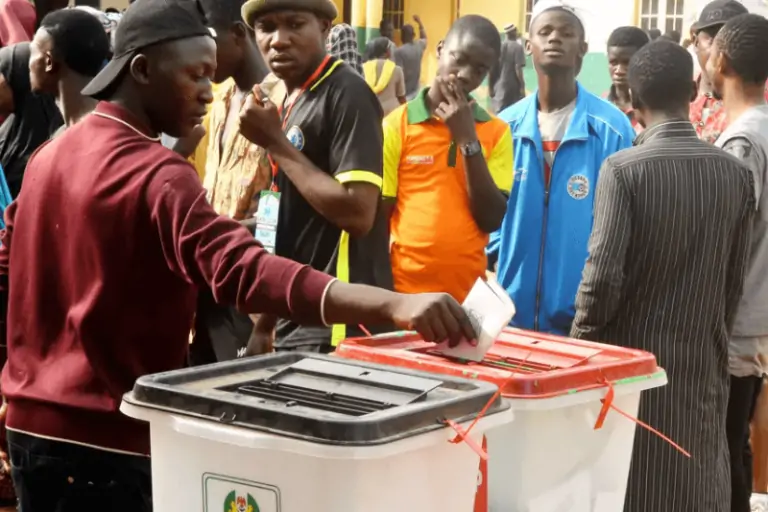

political party proliferation
Particularly with the Fourth Republic’s arrival in 1999, Nigeria’s political scene has seen notable change. The dynamic political climate and the regulatory system controlling party registration have reflected the considerable fluctuations in the number of political parties.
Three main political parties—the People’s Democratic Party (PDP), the All People’s Party (APP), and the Alliance for Democracy (AD)—developed early on in the Fourth Republic. These parties set the groundwork for Nigeria’s democratic procedures, but shortly they were joined by an increasing number of other political groups. There were thirty registered parties by 2002; early 2006 saw a rise to 33, and by 2007 the count had climbed to 50. Only sixteen of these parties, nevertheless, ran candidates in the 2003 General Elections and twenty-six in the 2007 elections.
The spread persisted, and 63 political parties registered by the time of the 2011 elections. Later, following changes and new registrations including prominent parties like the All Progressives Congress (APC), which was a merger of various opposition parties, this figure was simplified to 25 by April 2013.
The political environment has been marked by many difficulties notwithstanding the increasing number of parties. These include internal problems, lack of intellectual underpinning, and the predominance of “godfather” politics, therefore compromising internal democracy and party cohesiveness. Often acting as “temporal machines for electoral contests,” many of the parties exist more for their own benefit than for actual contesting of elections.
Democratic consolidation in Nigeria depends critically on political parties. They are supposed to socialize voters, help to recruit political leaders, and act as a uniting agent in a split democracy. The reality has sometimes been different, though, as many parties fall short in their capacity to serve. Important obstacles have included lack of internal democracy, frequent factionalizing, and personalizing of party institutions.
Political parties must develop beyond simple means of power acquisition if Nigeria’s democracy is to strengthen and institutions able of organizing, mediating, and balancing society interests and conflicts must be developed as well. This calls for addressing organizational capacity, leadership efficacy, and guarantees of openness and responsibility in the party decision-making procedures.
The Oklahoma City Thunder secured their tenth consecutive victory by beating the Chicago Bulls 145-117. This victory raised their season…
Rob Walter Resigns his Position as coach for the Proteas men's team for white-ball games because personal problems needed attention.…
Starting April 2, South African drivers will get lower costs when filling their tanks as fuel prices decrease for all…
The U.S.-based driver training company Zutobi analyzed road safety worldwide and found South Africa stays last in driving danger since…
The Basketball Africa League (BAL) returns for its 2025 season with exciting changes and developments. Since 2019 the NBA-linked basketball…
The Somali president supports their military forces to eliminate the threats from Al-Shabaab, ISIS, and Al-Qaeda. The Somali National Army…
This website uses cookies.